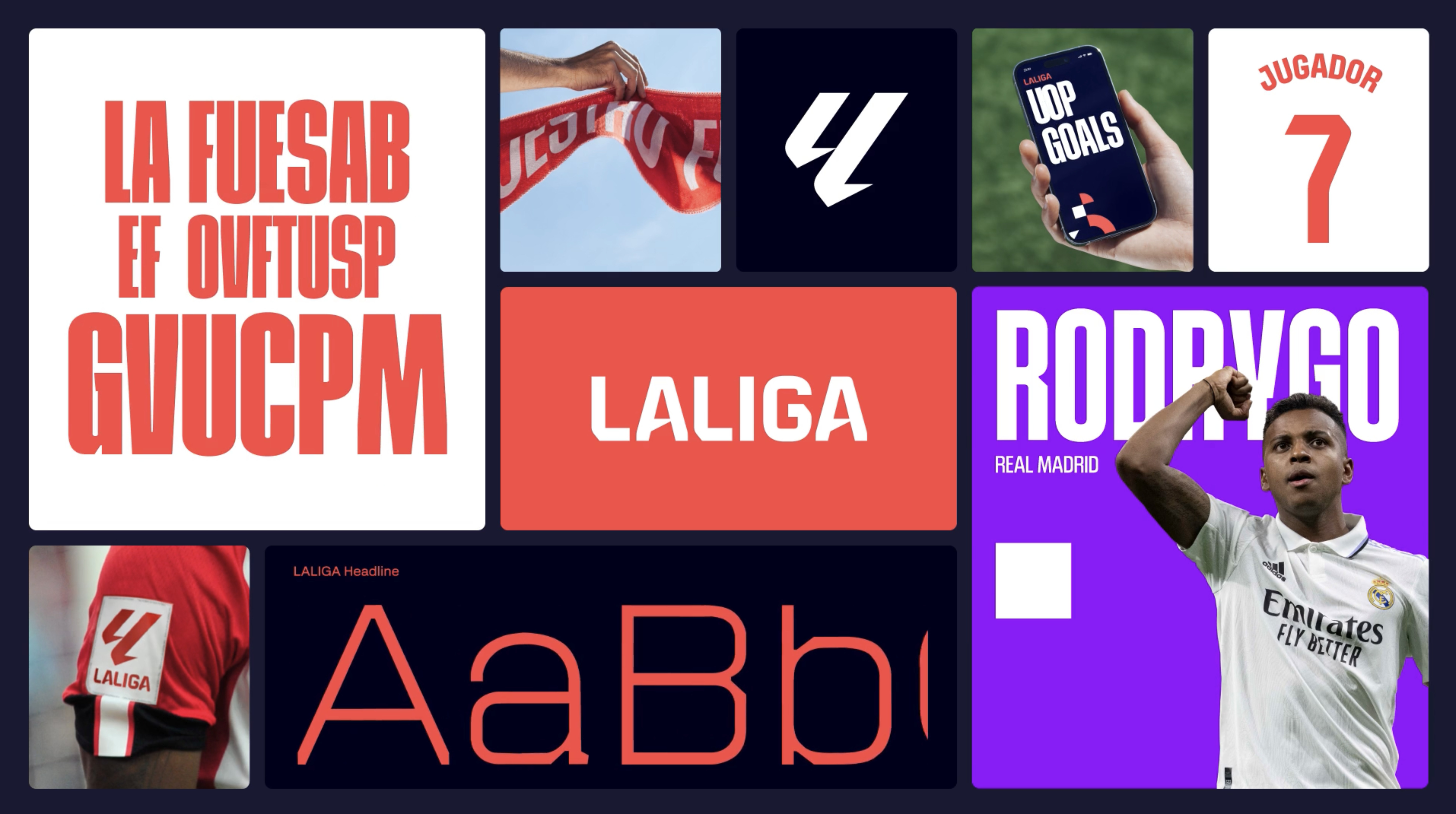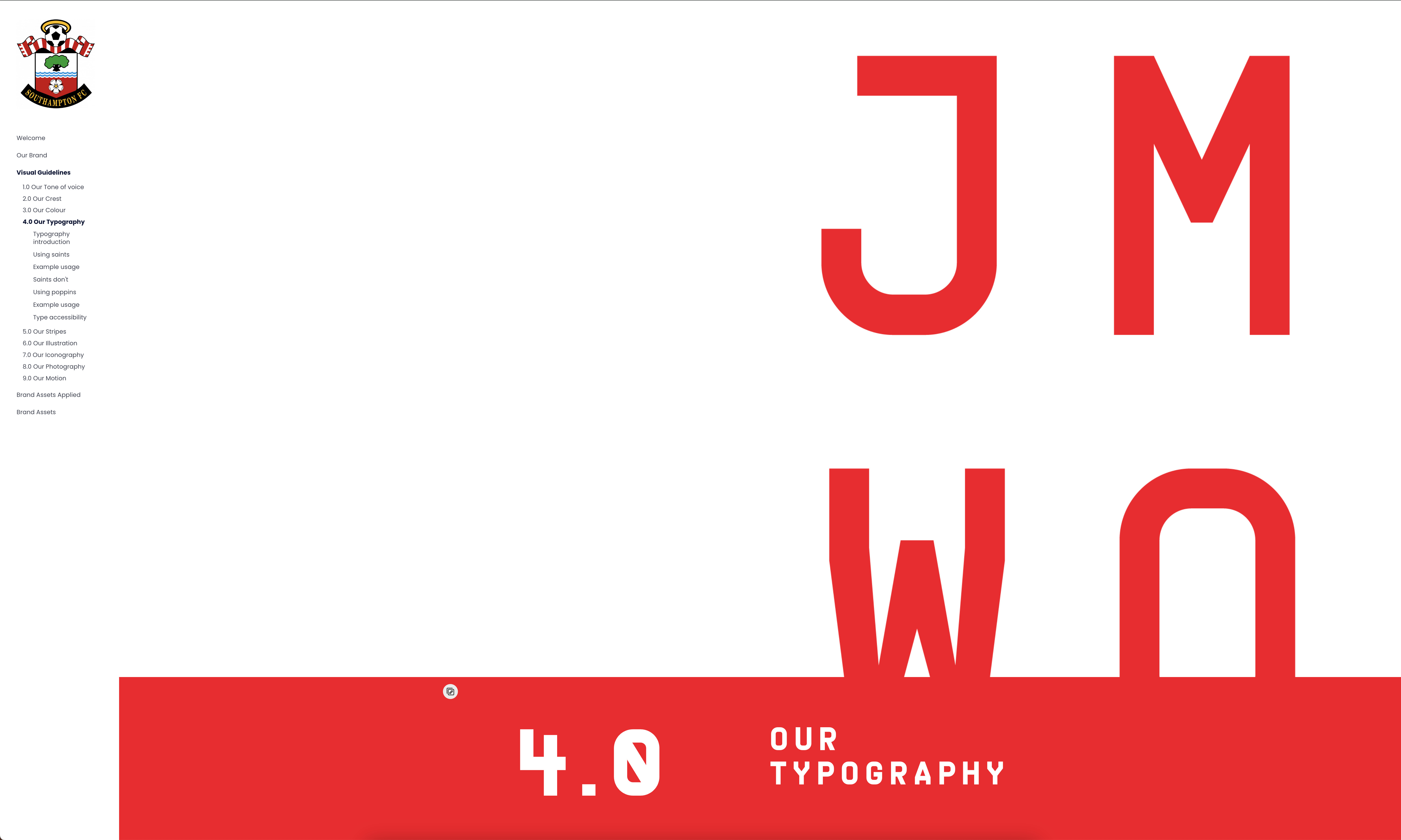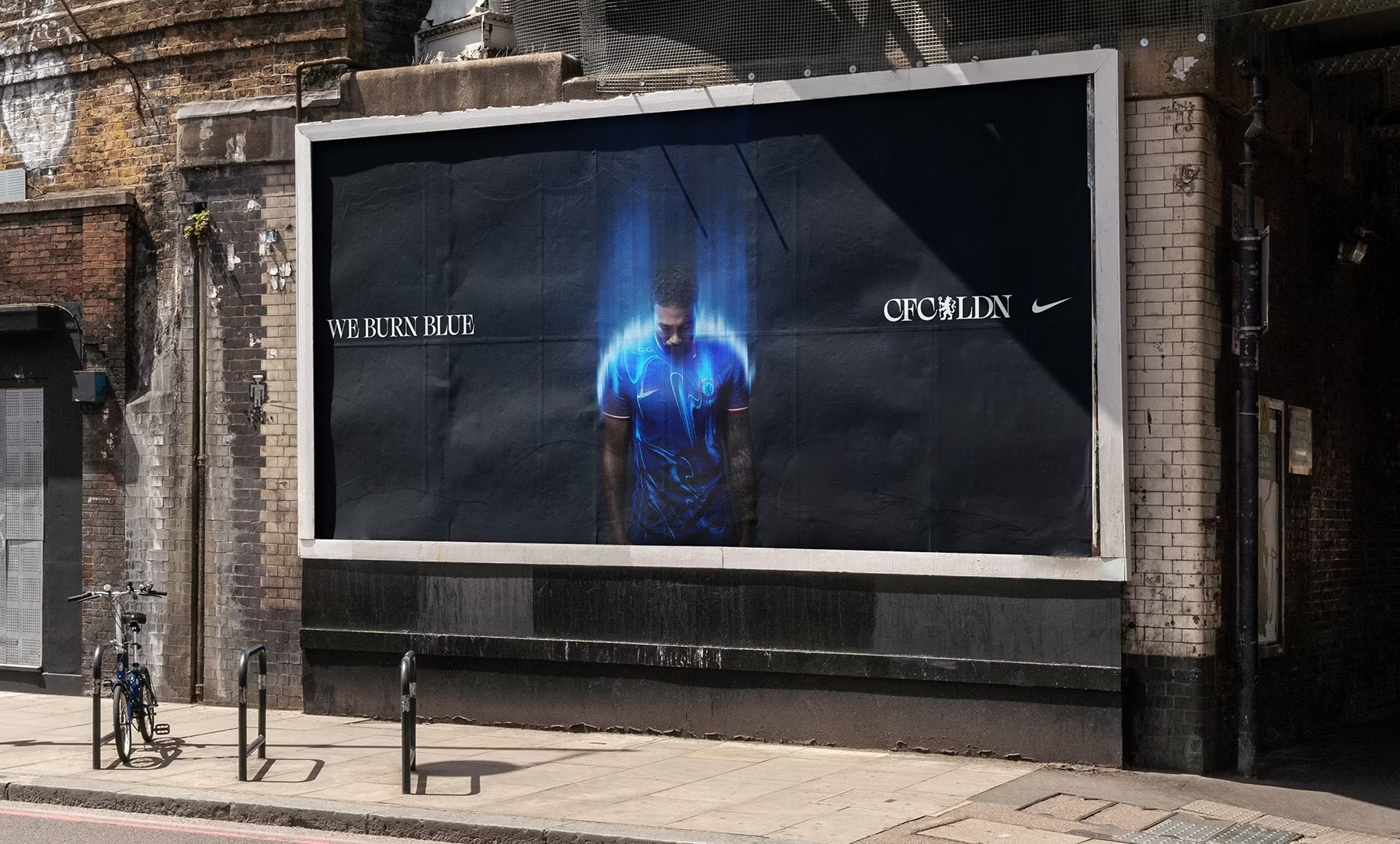Sports brands: fast and dynamic brand with online brand guidelines
In the ever changing multiverse of the sports industry, sports brands shine as beacons of loyalty, tradition and hope. These brands – encompassing teams, leagues, and the clubs – are not just visual identities; they are living and breathing organisms full of emotions, hope and dreams of millions of fans around the world. They capture a profound connection that binds fans across the globe, regardless of age, background, or location. This connection is nurtured thoroughly through consistent and authentic brand representation that resonates greatly with audiences core values and aspirations, creating experiences lived and told by generations.
However, the dynamic and fast paced nature of sports, that include seasonal kit changes, evolving marketing strategies for brand and players alike, and continued need to engage with fan base calls for a more adaptable and accessible approach to brand guidelines.
Online brand guidelines for sports brands
In a world where every second counts and change is the only constant, the shift towards online brand guidelines is not just modernization; it's essential. The traditional PDF format, while useful in the past, falls short in addressing the quickness and adaptability required by modern sports brands. Online brand guidelines offer a more dynamic, interactive and always up-to-date brand hub. Hub that can host guidelines and assets, ensuring that all stakeholders - from marketing teams to merchandising designers, to kit designers and even retail partners have access to the latest brand guidelines at their fingertips.

One of the most recent and loudest rebrandings in the sports industry is LALIGA that did a total rebrand of their 30-year old iconic brand. LALIGA's transition from static PDF's to dynamic online platform Corebook° was driven by the need for a future proof multi-media driven format that could serve as a single, reliable source of truth for all of the new brand guidelines and assets. This move was not just about adopting new technology; it was about embracing a platform that mirrored the league's own dynamic nature. Committing to provide fans and partners with authentic and consistent brand experience.
Advantage of going digital
Benefits of sports brands adopting online brand guidelines platforms are manifold. Firstly, it ensured brand consistency across all of the touchpoints. In an era where fans interact with their favorite teams across various apps, online platforms and physical spaces - maintaining a coherent brand identity is more important than ever. Online brand guidelines provide a centralized, easily accessible reference point that helps preserve integrity of the brand visual, audio and verbal identity.
Secondly, online platforms offer unparalleled flexibility and scalability. As sports brands evolve, change their kits, or score card visuals, so do their branding requirements. Online brand guidelines can be updated in real-time, allowing for instant distribution of new brand assets or guidelines revisions without the need for inefficient redistribution that comes with legacy formats.
Moreover, the interactive nature of online brand guidelines improves and drives more user engagement, allowing more comprehensive understanding of content. Stakeholders can navigate through brand guidelines sections, explore use cases, and even access tools and templates that facilitate the application of brand guidelines. This interactivity not only enriches the user experience but also empowers in-house teams and external partners to champion the brands identity with confidence.

One source of truth for every stakeholder
Perhaps the most significant value proposition of online brand guidelines is the one source of truth structure and workflow for all stakeholders. In the context of sports branding, where emotional connection and brand loyalty are paramount, ensuring that every representation of the brand resonates with its core audience, values and messaging is essential.
This centralized approach mitigates the risk of brand dilution and ensures that all brand communications are aligned, coherent, and true to the brands ethos. On top of it, it also fosters a sense of unity and purpose among all stakeholders, as they work towards a common goal of preserving and improving the brand's reputation.
Chelsea Football Club when approached Corebook° underscored the importance of having one source of truth that is always up to date. They faced the challenge of creative assets living in multiple environments while manually communicating the brand guidelines updates, new seasonal kit designs and small intricate day-to-day changes. By shifting focus on creating an online space where every stakeholder can easily understand context and familiarize themselves with the new information they created a branding workflow that is as fast as their industry.

Leading by example
The transition to online brand guidelines represents a natural progression for sports brand in today's fast paced short form age. It acknowledges the unique challenges and opportunities inherent in the sports industry - balancing tradition with innovation, consistently with flexibility, and global reach with local relevance. By adopting Corebook°, sports brands demonstrate their commitment to not only maintaining but also elevating their connection with their fans through a consistent and most importantly authentic brand experience
As we look to the future, it's clear that the online brand guidelines are a strategic imperative for sports brands aiming to thrive in an increasingly competitive industry. Through this transformation sports brands can continue to inspire and unite fans around the world, ensuring that the hope and passion they ignite endure for generations to come.



